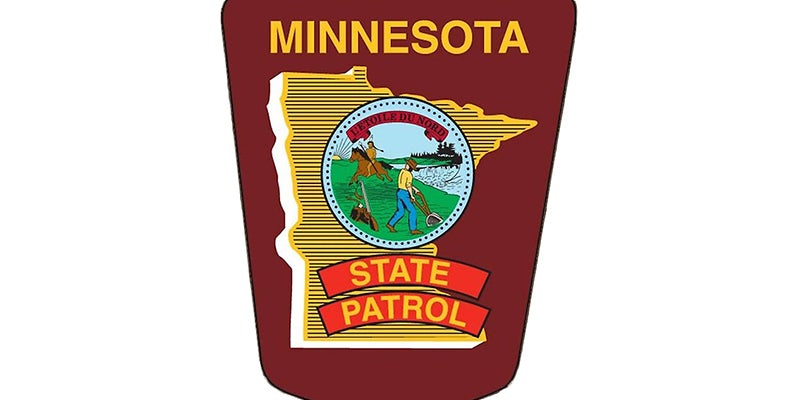Alcorn: Slavery not found in the Bible
Published 11:18 am Monday, July 9, 2012
Those who denigrate or dismiss the Bible because people once used it to justify slavery understand neither the Bible nor slavery.
The argument is analogous to condemning fire because it is used to destroy property and people. Both are issues of misuse rather than purpose or meaning. Americans who, from the 17th into the 19th century, defended, advocated, or practiced slavery never found justification in the Bible. Promoters of slavery read their preconceived economic and social notions into the biblical texts. They imposed slavery upon their reading of the Bible but were unable to draw it from within the text of the Bible.
The slaveholders didn’t even find the word “slavery” in the English version they used (King James Version, published in England in 1611). It appears in the KJV text only once in the Old Testament (in the prophecy of Jeremiah) and only once in the New Testament (in The Revelation). I assert they did not find the word in their Bible, because none of them ever referred to either passage in their support of slavery, but chose to think of the Hebrew word “ebed” and the Greek word “doulos” as if they mean “slave.” This, even though in the hundreds of times these words are used, they are otherwise rendered “servant” or “bondman.”
The Bible does not even mention European/American slavery, because it did not even exist during the historical periods narrated in the Bible.
European/American slavery — what we think of when the English words “slave” or “slavery” are used — was substantially different from the social institutions referenced in the biblical narrative. In point of fact, there is no historical record of it even existing anywhere in the world during biblical times.
This was a later development that began when Arab Muslims who purchased Africans from other Africans, who had captured them in intertribal warfare to become their own slaves. Then Europeans (first the Portuguese and then the Spanish) adopted the Arab enterprise and purchased slaves directly from the Africans. They shipped them first to Latin America and from there to North America, the greater number coming to the American colonies from the Portuguese, Spanish, and French in Latin America.
Ancient “slavery” (not a good word for Greek and Roman cultures) was largely indentured servitude, and “bond servant” is the more accurate term. What was practiced in the southern colonies and then states (i.e., actual slavery) was characterized by involuntary capture, ownership as property, severe personal oppression in every aspect, no redress for wrong done to them, and racially based. There was nothing of this in biblical times and, therefore, there is not even a reference to it anywhere in the Bible.
The Bible does not teach, support, or tolerate slavery; in fact, it effectively opposes it.
The Mosaic Law forbad Hebrews to hold other Hebrews in servitude and only cautiously allowed it when a foreigner would voluntarily submit himself as a servant. Even then, foreigners could be held in service only until the succeeding year of jubilee and then they must be released. The teaching of Jesus and of the apostles, recorded in the New Testament, does not directly condemn servitude but strongly seeks to improve the welfare of servants.
Finally, all that the New Testament says about freedom and liberty for all peoples directly precludes strong servitude—and it would have directly condemned “American slavery,” if anything like it had existed at the time. (This was, indeed, “the peculiar institution.”)
Some preachers and priests told slaveholders that “‘ebed” and “doulos” can be translated “slave” (although KJV does so only twice), and the slaveholders eagerly seized upon this excuse and hyped it for all it was never worth. They tortured the scriptures to appear to mean something actually the opposite of what they do mean. They made the Bible itself their property (their slave) as well as other human beings.
(Modern English versions of the Bible risk misunderstanding by making more frequent use of “slaves,” but they do so hyperbolically to stress the concepts of “in Christ there is neither slave nor free” and Christian believers as “slaves of Christ.”
Those among us today who denigrate the Bible as being morally wrong or dismiss it as socially irrelevant do rather much the same thing. They argue from ignorance of both what the Bible says and what slavery was.



